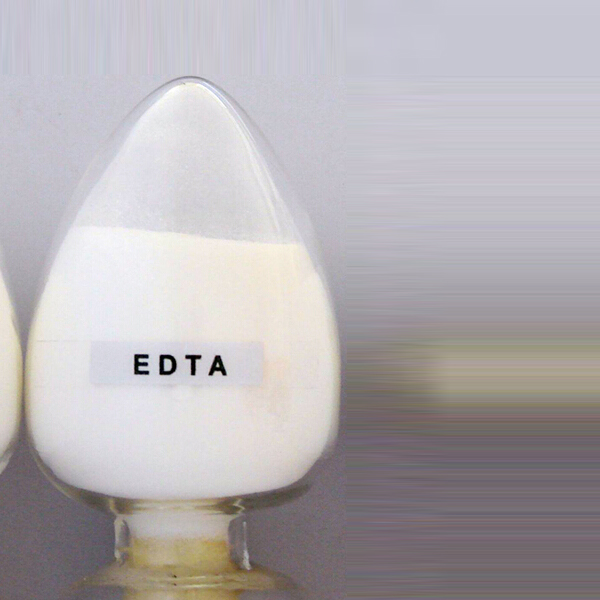
News
Nov . 25, 2024 16:53 Back to list
Exploring the Benefits and Applications of Pool Chelating Agents for Water Treatment
Pool Chelating Agents Understanding Their Importance and Applications
Water is a vital part of our lives, and in recreational settings like swimming pools, keeping the water clean and safe is essential for health and enjoyment. One commonly discussed topic in pool maintenance and care is the use of chelating agents. This article explores chelating agents, their role in pool management, and their importance in maintaining water quality.
What are Chelating Agents?
Chelating agents, derived from the Greek word chelate, meaning to claw, are compounds that can form multiple bonds with a single metal ion. This allows them to effectively bind and sequester metal ions that could otherwise contribute to issues within pool water. In the context of swimming pools, these agents are primarily used to address problems related to metal contaminants such as iron, copper, and manganese, which can lead to staining, discoloration, and cloudy water.
Common Types of Chelating Agents
Several chelating agents are commonly used in pool maintenance, each with unique properties and effectiveness. Some of the most widely used chelating agents include
1. EDTA (Ethylenediaminetetraacetic acid) Known for its strong binding properties, EDTA is effective in capturing metal ions and is often incorporated into pool treatments to prevent the formation of scales and stains.
2. Citric Acid A natural chelator, citric acid is effective in reducing metal concentrations in water. Its non-toxic nature makes it suitable for residential pools and environments where safety is a concern.
3. Phosphonic Acids These are effective for controlling scale formation due to their ability to stabilize calcium and other metal ions in solution.
pool chelating agent quotes

The Importance of Chelating Agents in Pool Care
Using chelating agents in pool maintenance is crucial for several reasons
1. Preventing Staining and Discoloration Metal contaminants can cause unsightly stains on pool surfaces. By binding with these metals, chelating agents help prevent the formation of these stains, preserving the pool's aesthetic appeal.
2. Enhancing Water Clarity Cloudy pool water is often a result of metal contaminants interacting with pool chemicals. Chelating agents can help keep these metals soluble, ensuring that the water remains clear and inviting.
3. Improving Efficiency of Routines Regularly adding chelating agents can extend the life of pool filters and other equipment by minimizing scale buildup and reducing maintenance frequency.
4. Maintaining Sanitization Metal ions can interfere with the effectiveness of chlorine and other sanitizing agents. Chelating agents help maintain the efficacy of pool chemicals, ensuring safe swimming conditions.
Conclusion
In summary, chelating agents play an indispensable role in the efficient management of swimming pools. These compounds help in effectively binding metal ions, preventing staining, maintaining water clarity, and enhancing the overall swimming experience. As pool maintenance practices continue to evolve, the importance of these agents in ensuring clean and safe recreational water cannot be overlooked. For pool owners and managers, understanding and utilizing chelating agents is a key aspect of maintaining a pristine swimming environment, making it not just about aesthetics, but about health and safety for all who enjoy the waters.
-
Polyaspartic Acid Salts in Agricultural Fertilizers: A Sustainable Solution
NewsJul.21,2025
-
OEM Chelating Agent Preservative Supplier & Manufacturer High-Quality Customized Solutions
NewsJul.08,2025
-
OEM Potassium Chelating Agent Manufacturer - Custom Potassium Oxalate & Citrate Solutions
NewsJul.08,2025
-
OEM Pentasodium DTPA Chelating Agent Supplier & Manufacturer High Purity & Cost-Effective Solutions
NewsJul.08,2025
-
High-Efficiency Chelated Trace Elements Fertilizer Bulk Supplier & Manufacturer Quotes
NewsJul.07,2025
-
High Quality K Formation for a Chelating Agent – Reliable Manufacturer & Supplier
NewsJul.07,2025
